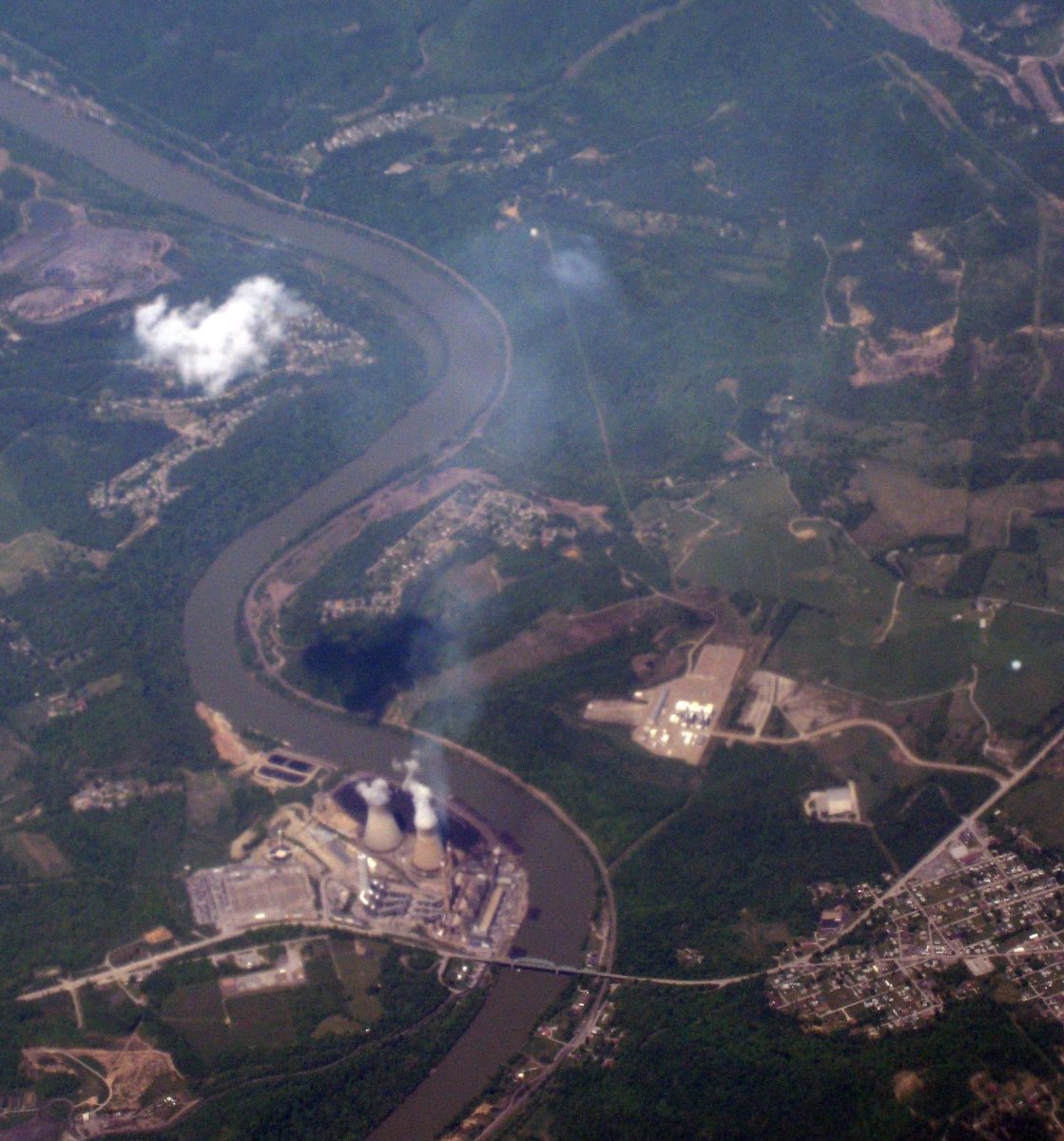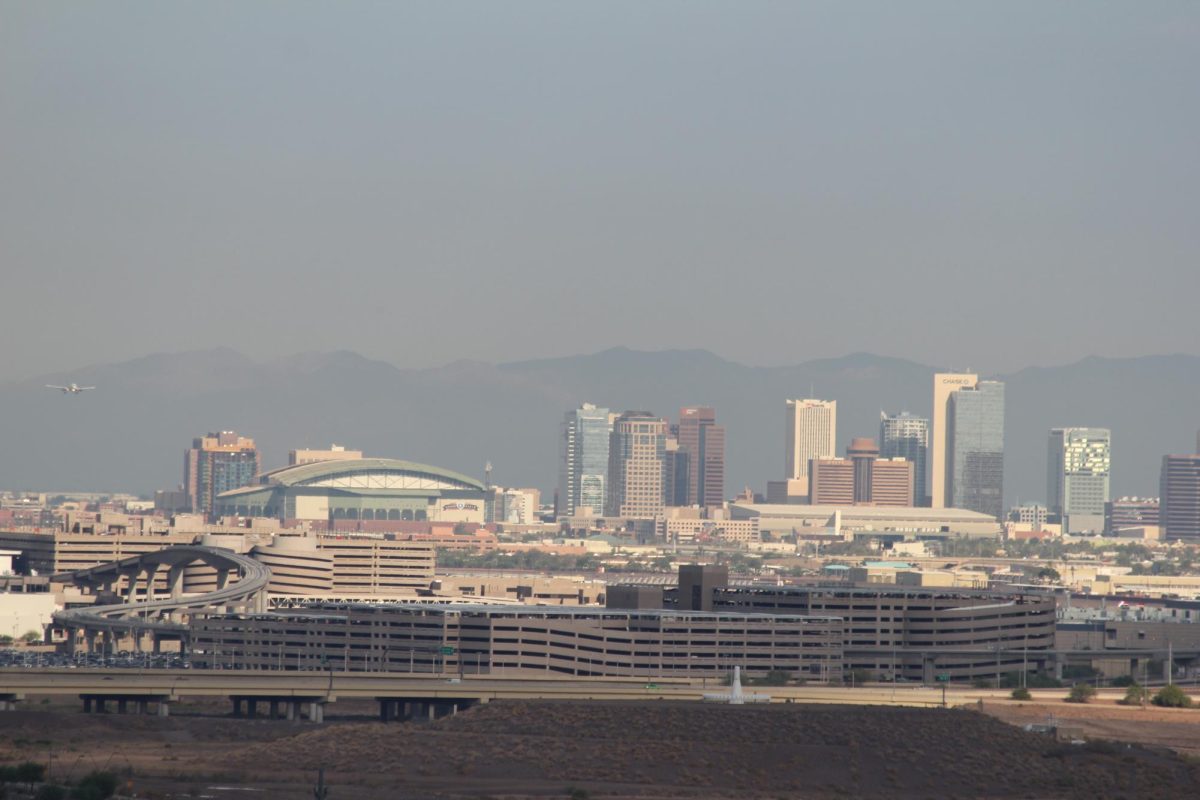Coal-fired power plants including the 16 located across Arizona, will be forced to capture smokestack emissions or shut down under a rule issued Thursday by the Environmental Protection Agency.
Environmental groups hailed the EPA’s latest action as urgently needed to protect against the devastating harms of climate change.
In a landmark move aimed at combating climate change, the Environmental Protection Agency (EPA) unveiled ambitious regulations on Thursday, demanding significant cuts in emissions from power plants.
The new rules mandate newly constructed natural gas power plants to slash 90% of emissions by 2032, with existing fossil fuel-run plants facing a similar mandate or potential exit from the grid by 2039.
EPA Administrator, Michael Regan spoke at Howard University and highlighted that one of the most significant environmental hurdles confronting the nation is human-generated pollution. He stressed that besides posing a substantial risk to public health, this pollution is also pushing the planet toward a critical tipping point.
Regan has expressed confidence in the financial viability of utilities investing in carbon capture and sequestration/storage (CCS) technologies to achieve this goal.
Reportedly, Regan believes that, “[The EPA] has engaged extensively with industry and their representatives, from multiple power companies, that have indicated that CCS is a viable technology for the power sector today.”
Federal programs in the Inflation Reduction Act such as the revamped 45Q carbon capture tax credit and the Department of Energy’s Carbon Capture Demonstration Program offer avenues for utilities to mitigate upfront costs and foster technological advancements.
However, looming legal challenges and uncertainties cast a shadow over these regulatory efforts. Despite potential obstacles, the EPA’s push for emissions reduction signifies a pivotal moment in the energy sector’s transition toward cleaner practices, underscoring the urgency of addressing climate change.
“The nation still faces challenges in eliminating carbon from transportation, heavy industry and more” according Abigail Dillen, president of the environmental group Earthjustice in an Associated Press report, “but we can’t make progress on any of it without cleaning up the power plants.’’




















